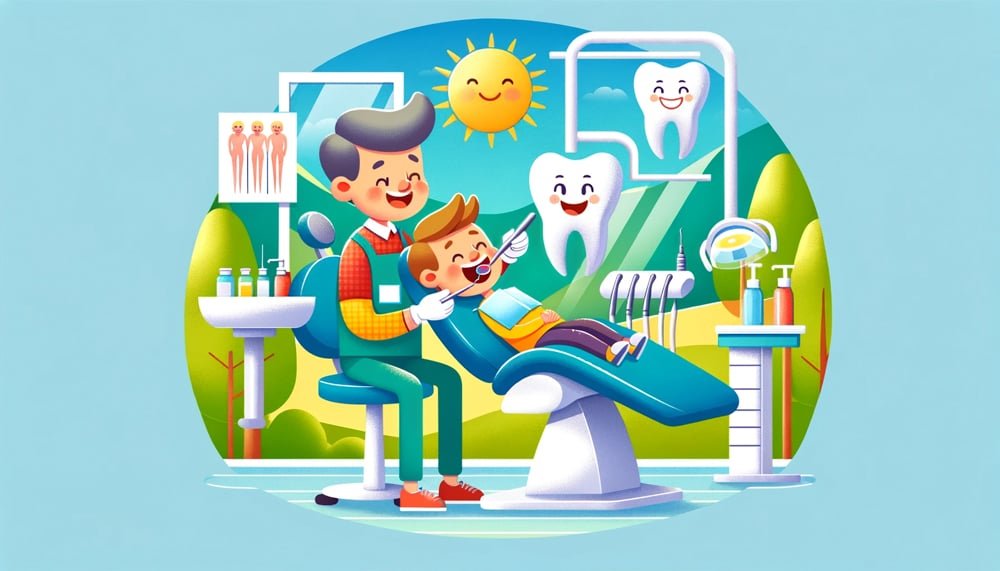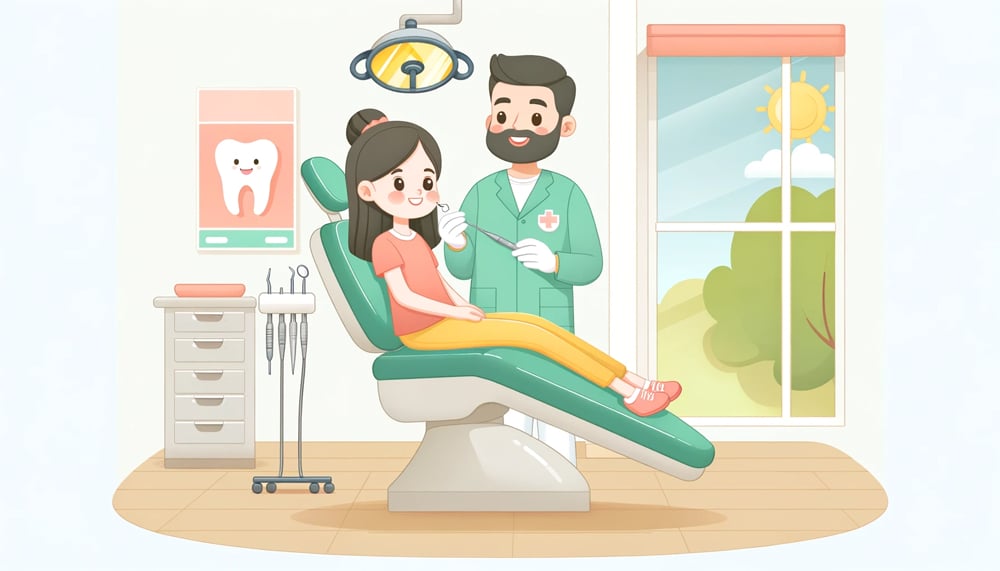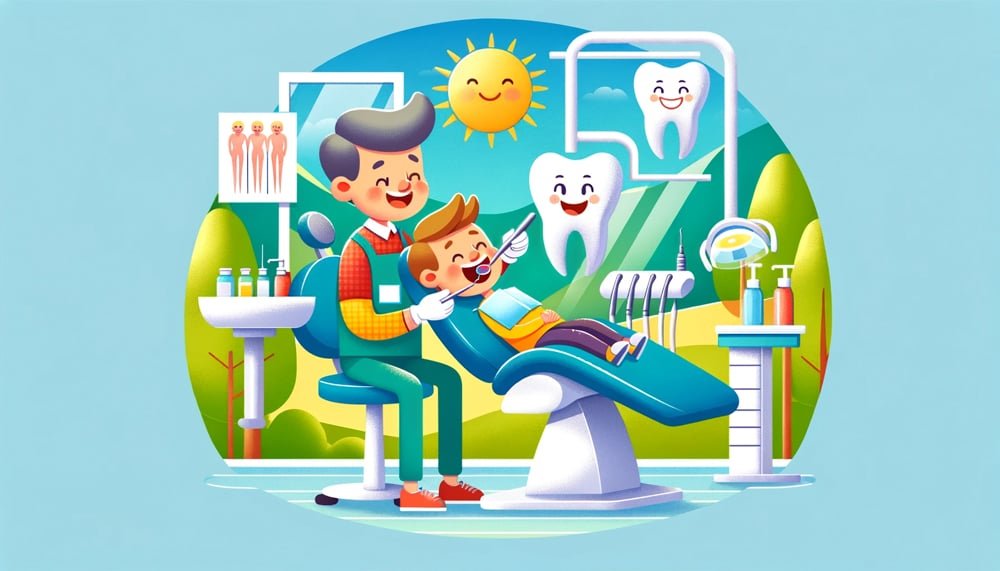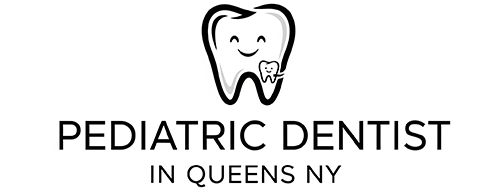The 6-Month Rule
Origins of the 6-Month Recommendation
The semi-annual recommendation is rooted in historical practices and studies that indicated a significant improvement in oral health with biannual visits.
Is 6 Months Ideal for Everyone?
While 6 months is a general guideline, the actual frequency can vary. Individuals with certain health conditions or lifestyles might need more frequent cleanings.
Regular dental checkups and teeth cleaning are pivotal for maintaining good oral health. But how often should you get your teeth cleaned?
Is a semi-annual visit to the dentist necessary?
This article delves into the importance of regular teeth cleaning and why the 6-month interval is often recommended by dental professionals.
Understanding Teeth Cleaning

What Happens During Teeth Cleaning?
Teeth cleaning, performed by a dental hygienist, involves removing plaque and tartar build-up that regular brushing and flossing can’t handle. This process helps in preventing cavities, gingivitis, and periodontal diseases.
Benefits of Regular Teeth Cleaning
Regular teeth cleaning helps in:
- Preventing oral diseases.
- Early detection of dental issues.
- Maintaining overall health.
- Keeping teeth bright and preventing stains.
Factors Influencing Teeth Cleaning Frequency
1. Dental Health and History
People with a history of cavities or gum disease might require more frequent visits.
2. Lifestyle Choices
Smoking, diet, and oral hygiene habits can increase the need for regular cleanings.
3. Age and Oral Health
Children and elderly individuals might have different requirements for teeth cleaning frequency.
Expert Opinions

Dentists’ Perspective
Most dentists agree that a personalized approach works best. The 6-month rule is a starting point, but individual needs may vary.
Research Findings
Recent studies have shown varying recommendations, emphasizing personalized dental care plans.
Debunking Myths
Myth 1: Teeth Cleaning Only for Cavities
Teeth cleaning is not just about preventing cavities; it’s about overall oral health.
Myth 2: No Pain, No Need for Cleaning
Absence of pain doesn’t equate to perfect oral health. Regular cleanings can prevent problems before they start.
Insurance and Teeth Cleaning

Coverage Policies
Most dental insurance plans cover biannual cleanings, influencing the 6-month rule’s popularity.
Understanding Your Plan
It’s important to understand what your dental insurance covers regarding teeth cleaning frequency.
Preventive Care at Home
Daily Oral Hygiene
Brushing twice a day, flossing, and using mouthwash are essential for maintaining oral health.
The Role of Diet
A balanced diet low in sugar and acid can help in reducing dental issues.
When to See a Dentist Sooner
Warning Signs
Bleeding gums, persistent bad breath, and pain are signs that you should visit the dentist sooner.
Risk Factors
Individuals with diabetes, pregnant women, and those with weakened immune systems may need more frequent dental visits.
Children and Teeth Cleaning

Pediatric Dental Care
The frequency of dental visits for children should be based on their oral health status and risk factors.
Educating Children on Oral Hygiene
Teaching children about the importance of dental care is crucial for long-term oral health.
The Future of Dental Visits
Technological Advancements
Advancements in dental technology may change how often we need professional teeth cleaning.
Personalized Dental Care
The future of dentistry is moving towards more personalized care, which could alter the 6-month rule.
Conclusion
Regular teeth cleaning is essential, but the frequency should be tailored to individual needs. The traditional 6-month interval serves as a general guideline, but personal health, lifestyle, and risk factors should dictate the actual frequency of dental visits.
References
- American Dental Association.
- Journal of Dental Research.
- National Institutes of Health.

Mary – Queens Pediatric Dental Resource Manager. I’m a dental health researcher and parent advocate based in Queens, NY. After struggling to find reliable pediatric dental information during my own child’s dental emergency, I created this resource to help other Queens families navigate their children’s oral health needs.
I curate evidence-based information from leading pediatric dental organizations, peer-reviewed research, and trusted dental health experts. While I’m not a dentist, I’m committed to providing accurate, practical guidance that helps parents make informed decisions.
All content is thoroughly researched and includes proper medical disclaimers directing families to consult qualified pediatric dentists for their children’s specific needs.
